Ethereum Blockchain Development Company

Our Clients






























Unlock The Power Of Smart Contracts With Ethereum Today
Explore the Decentralized Frontier with Our Ethereum Blockchain Development
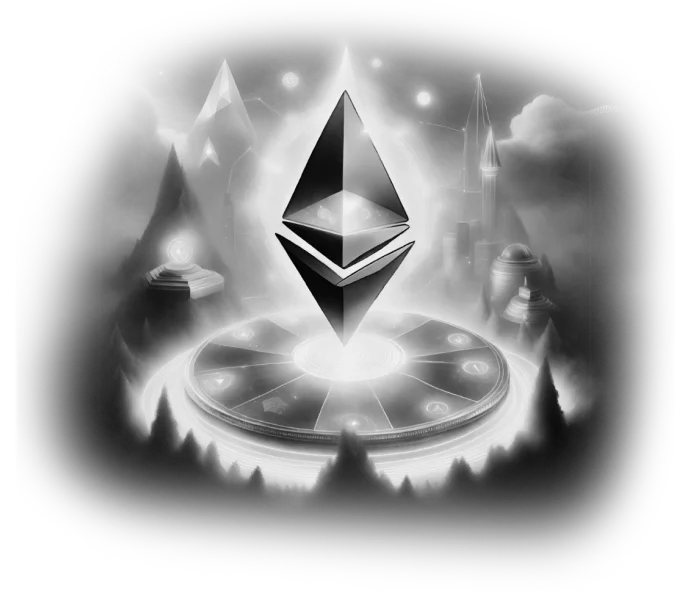
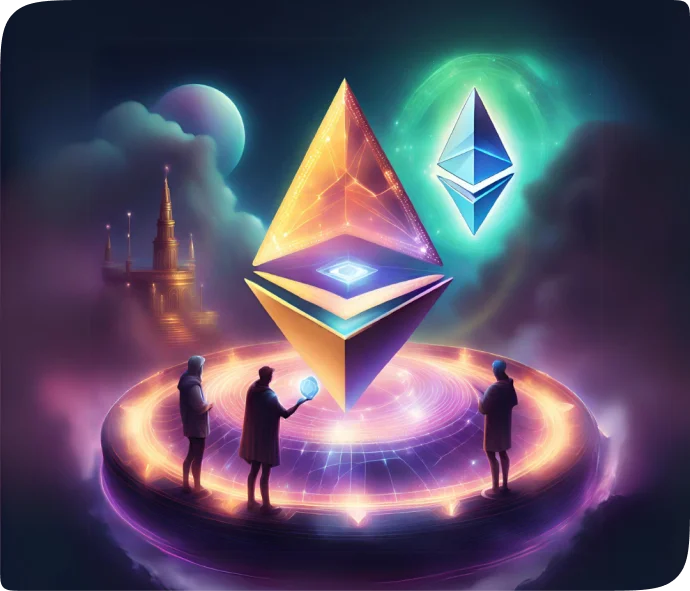
Ethereum Blockchain Development Services

Ethereum Blockchain Consulting
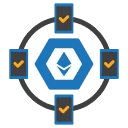
Ethereum dApp Development

Ethereum Smart Contract Development

Token Development

Private Ethereum Blockchain Development

Ethereum Node Development

Wallet Development
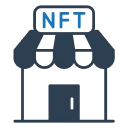
NFT Marketplace Development

Decentralized Finance

Ethereum-Powered Games
Benefits of Ethereum Blockchain Development

Decentralization

Security

Transparency

Smart Contracts

Interoperability

Tokenization

Innovation

Cost Efficiency

Scalability

Global Accessibility
Scale And Grow Rapidly With Ethereum
Ethereum Blockchain Solutions across Diverse Industries

Finance

Supply Chain

Healthcare

Gaming

Logistics

Retail

Education

Energy

Entertainment

Information Technology

Digital Trading

Real Estate
Our Step-by-Step Ethereum Blockchain Development Process
1
Step
Requirement Gathering
2
Step
Planning and Strategy
3
Step
Design and Architecture
4
Step
Development
5
Step
Test and Debug
6
Step
Deployment
7
Step
Post-Deployment Support
Take Your Business To New Heights With cryptobuzzers
Technology Stack for Ethereum Blockchain Development

Solidity

Vyper

Truffle

Embark

Remix

Ganache

OpenZeppelin

Geth

Parity

GanacheCLI

WalletConnect
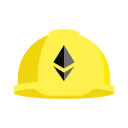
Hardhat

Node.js

React.js

Next.js

Express.js

Web3.js
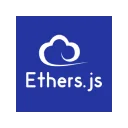
ethers.js

MetaMask

Visual Studio
Why Shamla Tech for Ethereum Blockchain Development?

Innovative Leaders

Comprehensive Solutions

Tailored Solutions

Security-Focused Approach

Competitive Value

Round-the-Clock Support
FAQ
Ethereum blockchain development presents a versatile solution applicable across a diverse spectrum of industries, encompassing finance, supply chain, healthcare, gaming, and beyond. Whether your project revolves around decentralized applications (DApps), tokenization, smart contracts, or necessitates a transparent and secure platform for transactional and data management purposes, Ethereum stands as a formidable choice. Its inherent flexibility and robust infrastructure cater to a myriad of business requirements, enabling seamless integration and implementation of innovative solutions.
Ethereum’s ecosystem facilitates exploration and innovation in burgeoning sectors such as decentralized finance (DeFi) and non-fungible tokens (NFTs). For ventures seeking to capitalize on the growing DeFi landscape or delve into the realm of digital collectibles and unique digital assets, Ethereum provides the requisite tools, frameworks, and support to actualize their vision. In essence, Ethereum blockchain development offers boundless opportunities for businesses across industries to leverage decentralized technologies, foster innovation, and drive impactful change in their respective domains.
Ethereum blockchain development offers numerous opportunities for tokenization and asset management. Tokens on the Ethereum blockchain can represent various assets, including digital currencies, securities, real estate, and more. Through tokenization, assets can be fractionalized, enabling greater liquidity, accessibility, and transferability. Smart contracts facilitate the creation and management of tokens, allowing for programmable functionality such as automated compliance, asset tracking, and dividend distribution.
Additionally, Ethereum’s support for token standards like ERC-20, ERC-721 (NFTs), and ERC-1155 enables interoperability and standardization within the ecosystem. This opens up a wide range of use cases, including crowdfunding, decentralized finance (DeFi), gaming, supply chain management, and identity verification, among others. Ethereum blockchain development provides a powerful platform for tokenization and asset management, offering innovative solutions to traditional financial and asset management systems.
Ethereum blockchain development differs from other blockchain platforms in several ways. One key difference is Ethereum’s focus on programmability, allowing developers to create decentralized applications (DApps) and smart contracts using its Turing-complete scripting language, Solidity. This programmability enables a wide range of use cases, including decentralized finance (DeFi), non-fungible tokens (NFTs), and decentralized autonomous organizations (DAOs), among others. Additionally, Ethereum’s robust ecosystem of tools, libraries, and developer communities makes it a preferred choice for many blockchain projects. Moreover, Ethereum’s adoption of a proof-of-stake (PoS) consensus mechanism with Ethereum 2.0 aims to address scalability and sustainability issues, further distinguishing it from other blockchain platforms.

